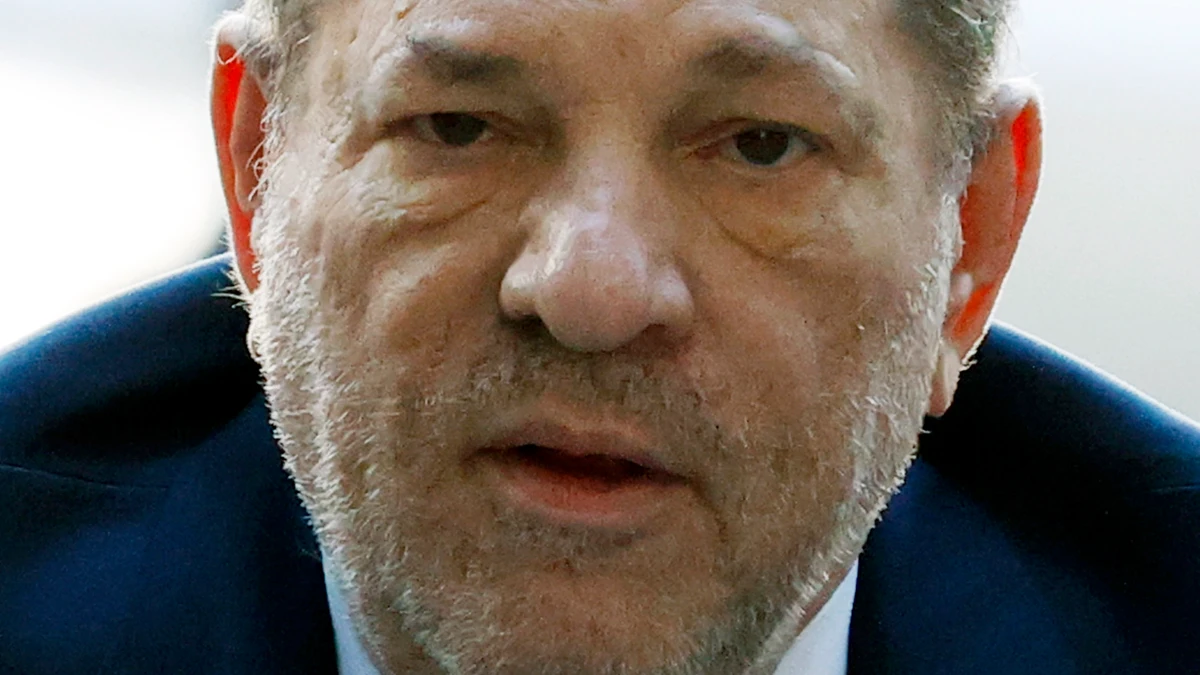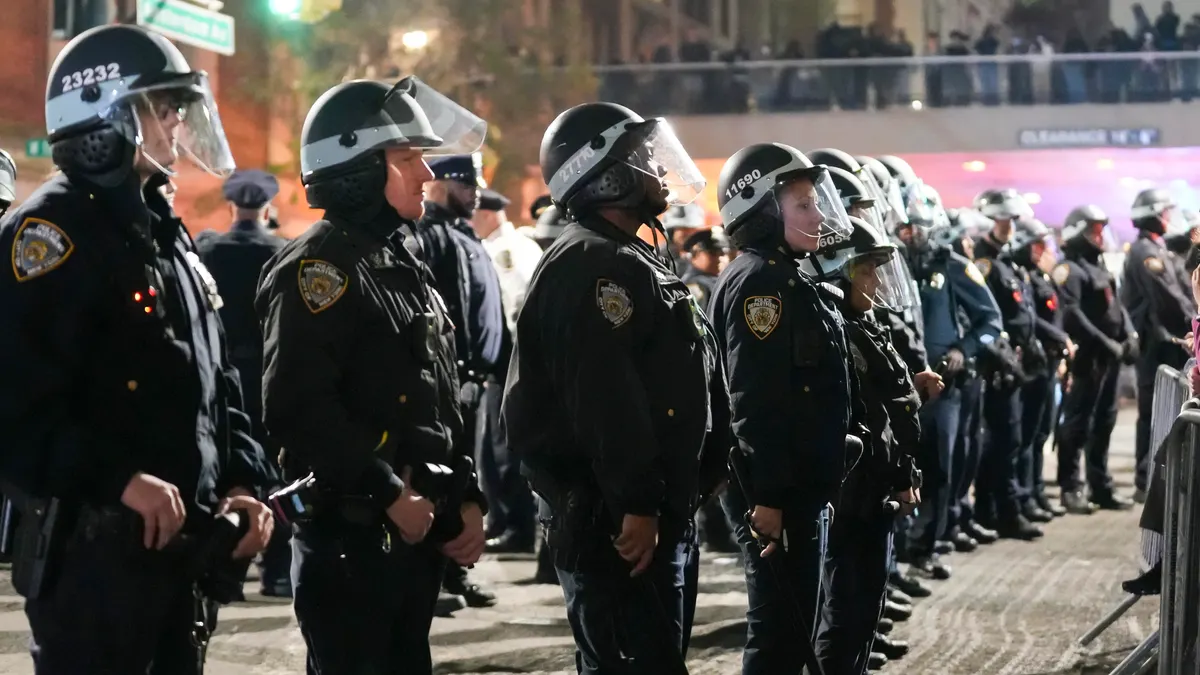On April 8, the 7th U.S. Circuit Court of Appeals handed down its latest opinion that consciously shielded from any judicial oversight the construction of the Obama Presidential Center in historic Jackson Park.
The opinion guts the guarantee of an 1869 grant from the Illinois legislature providing that the land encompassing Jackson Park would “be held, managed and controlled by the (Park Commission) as a public park, for the recreation, health, and benefit of the public, and free to all persons forever,” by making three fatal mistakes to insulate the project from all substantive review.
First, the initial creation of a 99-year “use” agreement for the center flatly violates the public trust doctrine, which prohibits the outright transfer of public lands to private institutions if fair value is not received in return. Transferring possession of the site required that the center has in hand the money both to build and maintain the property. The foundation had neither when it promptly cut down hundreds of mature trees in August 2021 in a project that is late and over budget.
Instead of building the center near underserved communities west of Washington Park the foundation and the city entered a sweetheart deal that delegated to the foundation the ability to pick the Jackson Park site under a 99-year lease of 19.3 acres of prime parkland for $10, an obvious giveaway of public trust lands. How? By relabeling the original lease as a “use” agreement to avoid judicial scrutiny. The opinion ignores that blatant subterfuge by noting that the “title” to the center remains with the city, even though virtually 100% of the economic benefits went to the foundation in violation of the terms of the 1869 grant.
How? By engaging in intellectual jiujitsu to conclude that the public was the real beneficiary of a deal whose every detail was dictated by the foundation. The Illinois Supreme Court has long insisted that the public trust doctrine only has “meaning and vitality” if members of the public have standing to enforce it. But the court sidestepped meaningful review by stating that the city’s 2015 ordinance for the center and the 2016 Illinois Museum Act blessed the deal such that it could evade all constitutional constraints that bind the political branches.
Second, matters only get worse when looking at the 2019 Master Agreement between the city and the foundation, which conditioned transfer of that site to the foundation only if it had received enough money for construction and had an endowment for operation and maintenance by the foundation. As of August 2021, the cost of the project ballooned to over $700 million.
At that time, the foundation had received far less than $700 million dedicated to construction. It also indulged in a unique accounting practice that treated a 2021 $1 million contribution as fully endowing that fund, with further fundraising down the road. When the plaintiffs sought to amend their complaint to challenge these maneuvers, the district court took less than a day to throw their case out, claiming that the city and foundation’s master agreement did not allow any third party to sue.
The problem was that the plaintiffs did not sue on the contract but explicitly as taxpayers for the waste of public assets. The opinion’s discussion of the district court’s hurried decision mangled the key precedent which flatly holds “that a taxpayer can enjoin the misuse of public funds, based upon taxpayers’ ownership of such funds and their liability to replenish the public treasury for the deficiency caused by misappropriation thereof.” Thus the Seventh Circuit put the kibosh on any citizen’s effort to open the books to supply public transparency.
Third, on environmental issues, the federal government initially said that the designated project was building the center in Jackson Park with the attendant road and other adjustments. The early reviews pinpointed negative historic, aesthetic and environmental impacts on Frederick Law Olmsted’s priceless jewel. But the opinion ignored both Olmsted and the massive destruction of roads, trees and habitat by refusing to treat them as a “major federal action” causing “significant” harm that requires a full-scale environmental impact review. Instead, the opinion claimed that building the center was a “local” initiative because the federal government could not dictate where the center could be built or how it should be managed. Thus, the statutes became dead letters by ignoring the simple fact that the federal government is always allowed to effectively block unsuitable projects, even if it cannot instruct the city whether to abandon or relocate the project.
Worse, the opinion abjectly deferred to the city and agency decisions by ignoring the Supreme Court’s canonical decision in “Overton Park v. Volpe” (1971) that requires the center to face “a thorough, probing, in-depth review” for which a project can be approved only if there is no “prudent and feasible alternative” to using the land.
Sadly, 17 months after the initial critical reviews, the federal agencies and the city, without notice or further hearings, redefined the project so that it no longer covered building the center, but only covered fixing the roadwork in and around Jackson Park. That sleight of hand was adopted by the opinion to block any review of alternatives to the location of the center.
The opinion opens by saying its current decision “represents, we hope, the final installment” in litigation that began in 2018. Sorry. Not so long as such decisions fail to protect the community, the environment, and block transparency of such transactions.
Richard A. Epstein is a professor at NYU Law School and senior lecturer the University of Chicago. Michael Rachlis is a partner in the Chicago law firm of Rachlis Duff & Peel, LLC. They represent Protect Our Parks Inc. and the other plaintiffs in the litigation against the Obama Presidential Center.





